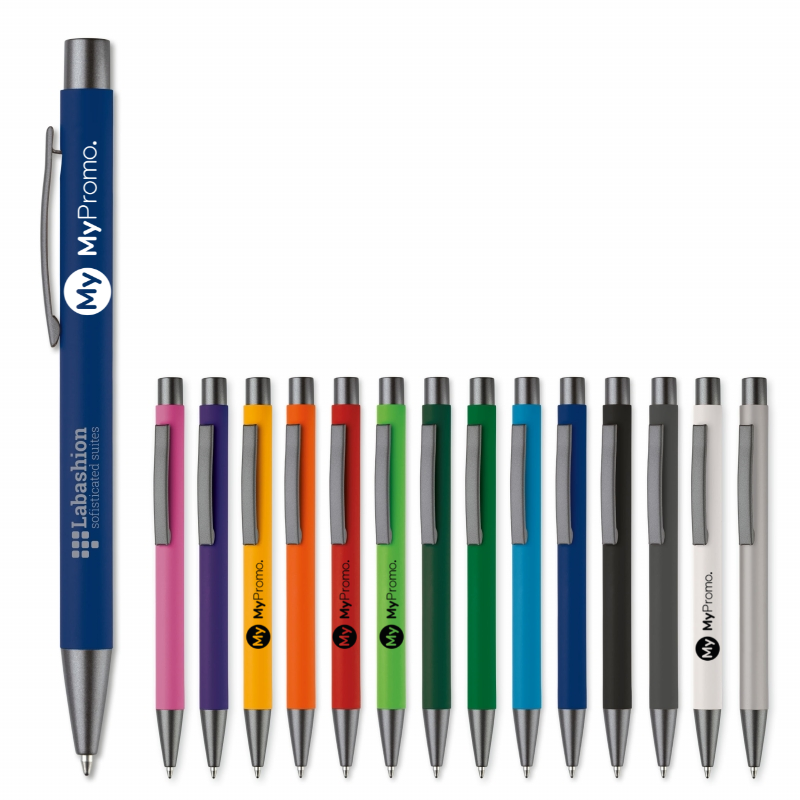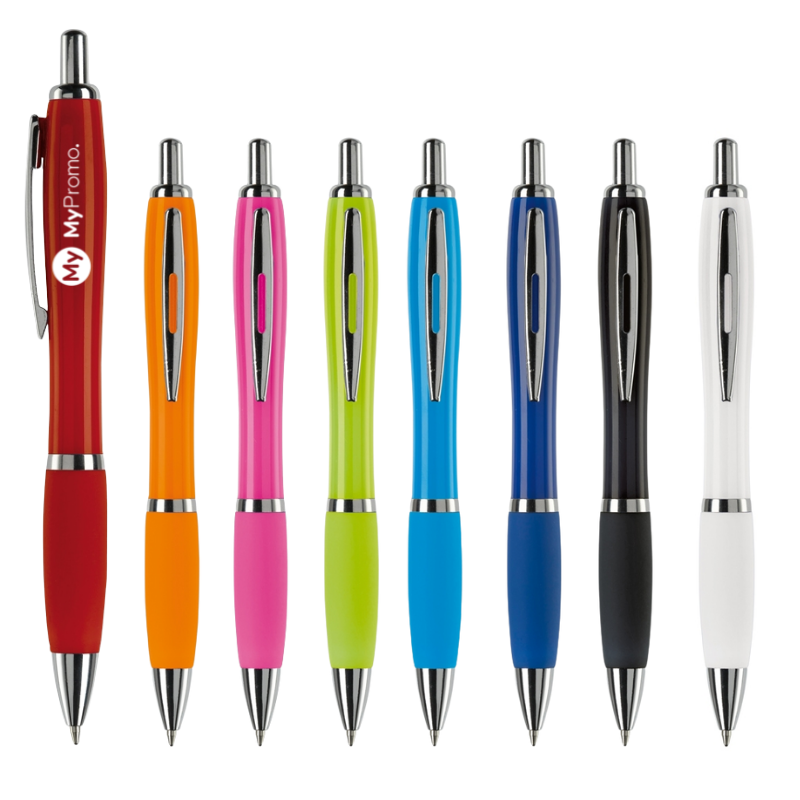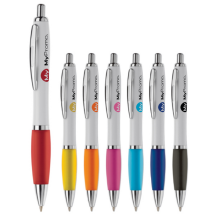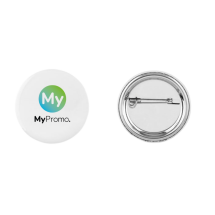Metal
What is Metal?
Metal is a material that is typically hard, opaque, shiny, and features good electrical and thermal conductivity. Metals are elements that, historically, have been mined from the earth's crust. These elements have played a critical role in the development of human civilization with their ability to be shaped, forged, and melded. Since ancient times, metals like iron, copper, and gold have been extracted and manipulated into tools, weapons, and jewelry, underscoring their importance across various epochs.Sourcing and Producing Metal
The production of metal begins with the mining of ore, which contains metal elements or compounds mixed with rocks. This ore is processed to separate the metal, a step typically requiring crushing and chemical reactions to break down the rock and extract pure metal. The metal is then smelted at high temperatures to purify it further and mixed with other metals or elements to form alloys, which meet specific manufacturing needs.
Fundamental Properties and Characteristics of Metal
Metals are favored in manufacturing for their distinct properties:
- Conductivity: Metals are excellent conductors of electricity and heat.
- Malleability and Ductility: Metals can be hammered into thin sheets (malleability) or stretched into wires (ductility).
- Durability: Metals are generally durable and resistant to degradation from environmental exposures.
- Corrosion Resistance: Many metals, like stainless steel, have a high resistance to rust and corrosion.
Versatile Applications
Metal is used extensively in various sectors including construction, automotive, electronics, and jewelry making. In promotional products, metal is commonly used for items such as engraved keychains, personalized metal pens, and personalized badges which offer durability and a premium feel.
Advantages of Using Metal
Utilizing metal in manufacturing offers robustness, longevity, and an aesthetic appeal that many other materials cannot match. Metals can withstand extreme conditions making them ideal for use in everything from outdoor structures to high-end electronics.
Metal Compared to Other Materials
Metals often provide greater strength and durability compared to plastics and woods, though they may come with a higher cost and heavier weight. These characteristics make metals uniquely suited for applications where strength and longevity are paramount.
Types of Metals and Their Common Uses
| Metal | Common Uses |
|---|---|
| Aluminum | Aircraft, packaging, construction materials |
| Steel | Building structures, automobiles, tools |
| Copper | Electrical wiring, plumbing, electronics |
| Iron | Machinery, automotive components, bridges |
| Gold | Jewelry, electronics, dental materials |
What are the most common types of metals used in manufacturing?
Common metals include steel, aluminum, copper, and iron, each chosen for specific properties like strength, conductivity, and corrosion resistance.
How is metal recycled?
Metal recycling involves melting down old metal items and reforming them into new products, which conserves resources and energy.
Are all metals magnetic?
No, only certain metals like iron, nickel, and cobalt exhibit strong magnetic properties.
Can metals be made stronger?
Yes, metals can be strengthened by alloying with other elements, heat treatment, and work hardening.
What are the environmental impacts of metal production?
Metal production can have significant environmental impacts, including high energy consumption and pollution, but recycling metals can mitigate these effects.













